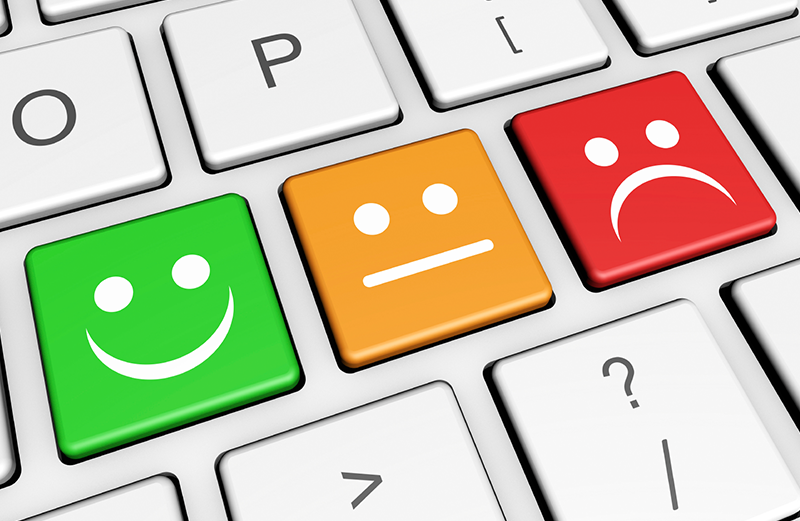
We continue our series of articles from the book "Mental Game of Poker". In the last installment, you could read about performance and resultsand this time we present a text on evaluation and analysis.
Rating
The first opportunity to objectively evaluate your game comes right after you finish playing. During the game itself, whether poker or football, you will play much better if you concentrate intensely on the game itself rather than trying to judge how you are doing.
After a football match, the media immediately interviews players and coaches to get their initial reactions and opinions on the game. That information is just a few quick observations about the end of the match, the prevailing mood, etc., but it is not a detailed overview of the game. In the locker rooms, players talk to each other and have much more time to analyse the game. The coaches also do video reviews, look at each player's performance and the decisions they made, to get an initial impression of what needs to be improved for the next match.
Poker players tend to focus most on the money after a session. This is because they are easy to calculate and are most important in the long run. The problem with this is that, due to the high variance, money is not a reliable measure of the quality of the game. Here are some better ways to measure the game:
- Take a closer look at how you played when faced with difficult decisions
- Calculate how much variation affected the results
- Calculate whether the qualitative objectives set before the game were achieved? If not, why not?
- Review how you did in the areas you are trying to improve (poker strategy and psychology). Is there progress?
- If you are going to analyse the hands you played later, then make notes during the game and write down your thoughts about them, as you may forget them later.
Taking a short time to evaluate a game is a great way to do it:
- Put poker aside and start focusing on other things in life
- "Reboot" your mind until the next session
CUSTOMER HISTORY
Niman "Samoleus" Kenkre
$5/$10 - $25/$50 NLHE
Bluefire Poker School Coach
"I've never used the HUD (Heads up display - software used to compile statistics on the game), but I have always entered the data in a spreadsheet to make it easier to calculate taxes. In addition to keeping track of time of day, limits and profit, I also had a column for comments. Lately my comments have been something along the lines of "Stupid ass suckoutino".
After working with Jared, a couple of more columns appeared in my table. In one of them I write my assessment of the quality of the game, and in the other one I write a comment about how I managed to control my emotions. Now I feel much more eager to play and I am managing my emotions much better. I am less focused on profit and more focused on my self-assessment. Every time I try to play in such a way that I can give myself a 9 or 9.5 for the game and that determines the success of my session.
I think I am capable of writing an honest assessment for myself. For example, I had a negative session a few days ago, but I felt that I played very well, so I wrote a high rating for myself and I didn't feel disappointed with my game that day."
Analysis
Analysis is the part of the process model designed to actively study the game without sitting at the poker table. This is a great time to take a closer look at your own and your opponents' play, and to use additional resources to strengthen your game.
In football, this is the equivalent of a detailed analysis of the game recording, scrutinising the mistakes made. Reviewing the game and the decision-making process allows us to understand what went wrong and to allocate time before the next match to correct those mistakes. This boring and monotonous work may not be the most interesting part of a player's week, but it is usually the most valuable time spent.
In poker, the analysis does not have to be done immediately after the session. On the contrary, sometimes it is better to take a break before diving into the analysis process. There are many ways to improve your game, such as: analysing marked hands, reading forums and participating in discussions, watching training videos, doing various calculations, talking to other players and studying the play of good players.
When you have finished analysing your new learning, make a note of it and remind yourself of it every time you do your warm-up before the game. This will help you prepare more effectively for your next session.
Use the process model every day
The process model will make your approach to performance and improvement more proactive, organised, measurable and effective. Over the long term, using this model will improve your learning and performance skills. Very often, players only start to learn and improve their game when they hit a period of failure and their game falls winrate. Why wait for something bad to happen? As competition in poker increases, players are gaining an edge by constantly learning and improving. Use the process model every time you play, and your game curve will steadily rise and your game will never stop improving.
This series of articles is based on Jered Tendler's book on the psychology of poker, The Mental Game of Poker. If you would like to purchase the original, which is available in English, you can do so at amazon.com





